
Reuters
1912 newsArticles by author
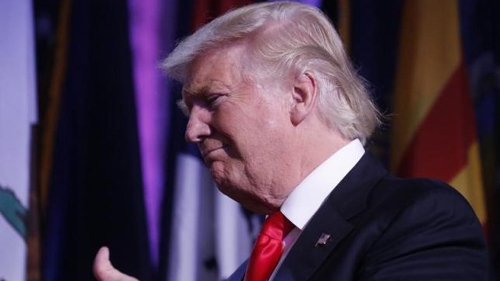
Trump says will quit Pacific trade deal on day one of presidency
US President-elect Donald Trump released a video on November 21 laying out actions he will take on his first day in office on Jan. 20, including withdrawing the United States from a Trans-Pacific Partnership trade deal.
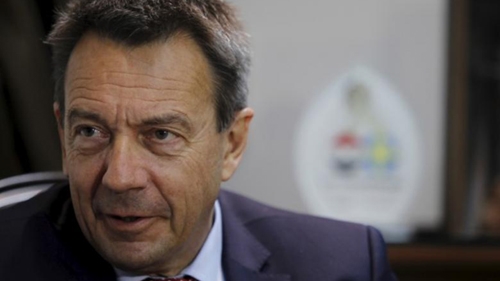
Head of Red Cross to hold Syria talks in Moscow and Tehran
The head of the International Committee of the Red Cross, Peter Maurer, will fly to Moscow, Washington and Tehran in the coming days in a bid to secure access to civilians in Aleppo.
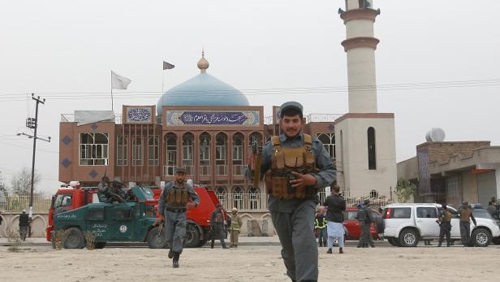
IS claims attack that kills dozens at Shi'ite mosque in Kabul
Islamic State claimed responsibility for a suicide attack on a crowded Shi'ite mosque in Kabul on November 21 that killed more than 30 people and wounded dozens in its third major attack on minority Shi'ites in the Afghan capital since July.
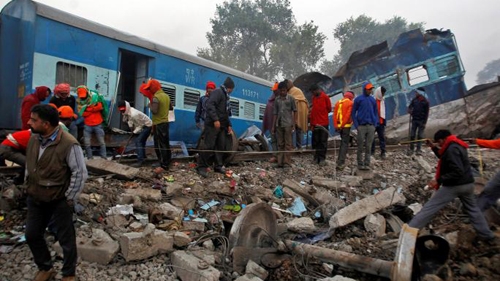
India rail crash toll hits 146, survivor search called off
Indian rescuers on November 21 called off a search of the mangled carriages of a derailed train after pulling more bodies from the wreckage, taking to at least 146 the number of passengers killed in the disaster.
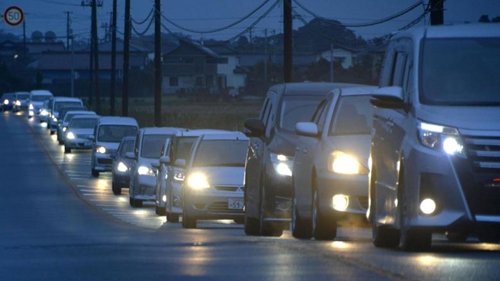
Tsunami hits Japan after strong quake, nuclear plant briefly disrupted
A powerful earthquake rocked northern Japan on November 22, briefly disrupting cooling functions at a nuclear plant and generating a tsunami that hit the same region devastated by a massive quake, tsunami and nuclear disaster in 2011.
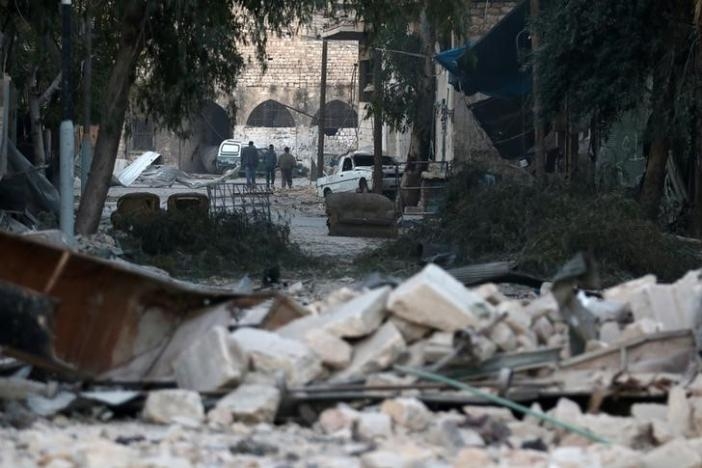
Syrian family, pupils among dozens killed in Aleppo attacks
Rebel shelling killed eight children at a school in the government-held part of Aleppo on November 20 and a barrel bomb killed a family of six in the rebel-held area, part of a heavy government bombardment that has knocked out all the hospitals.
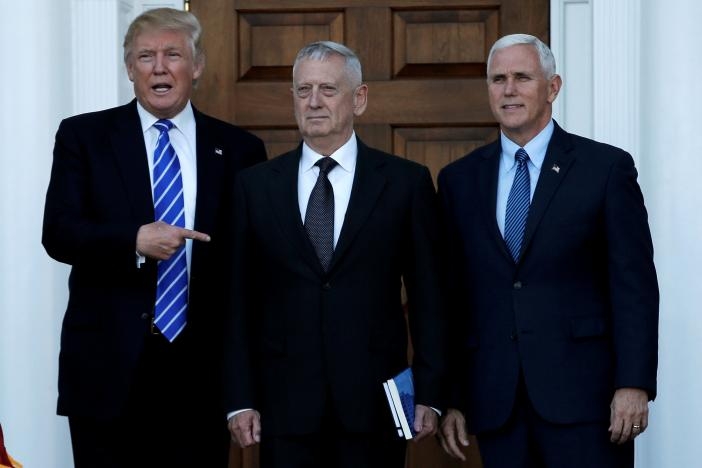
Retired general Mattis a top candidate for Pentagon chief
President-elect Donald Trump on November 20 assessed several more contenders for top US posts including Chris Christie and Rudy Giuliani, as blunt-spoken retired Marine Corps General James Mattis emerged as a leading candidate for defense secretary.
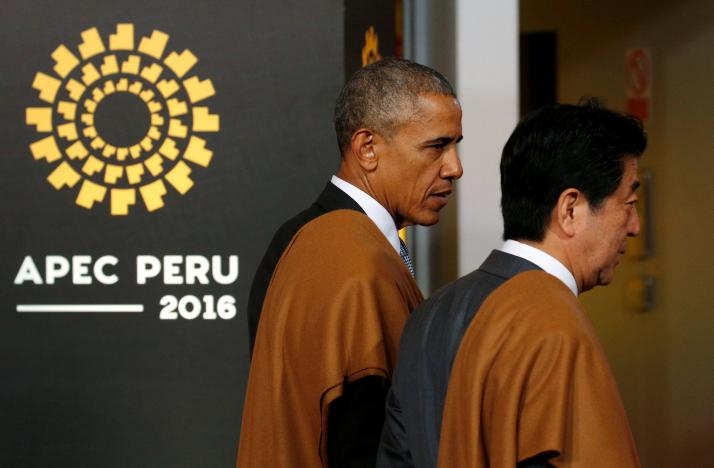
APEC leaders commit to fighting 'all forms' of protectionism
Pacific rim leaders said on November 20 that they were committed to fighting "all forms of protectionism," and encouraged signatories of the TPP trade pact to continue supporting it despite fears it may not have a future in its current form.
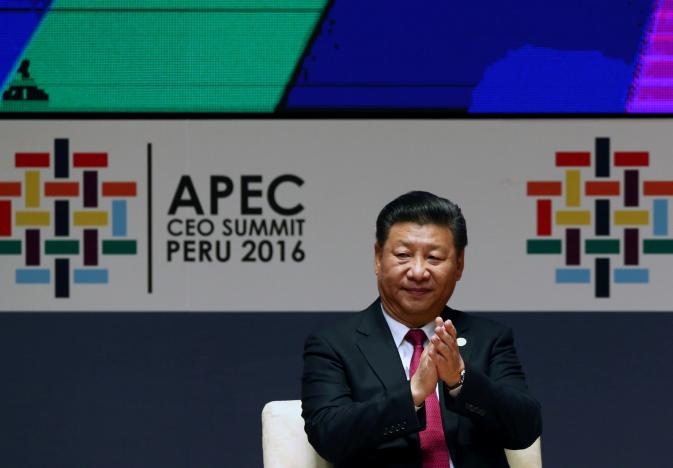
China pledges further opening as leaders scramble for free trade
Chinese President Xi Jinping pledged further economic opening on November 19 as leaders of Asia-Pacific countries sought new free-trade options following Donald Trump's election to US president on promises to scrap or renegotiate trade deals.
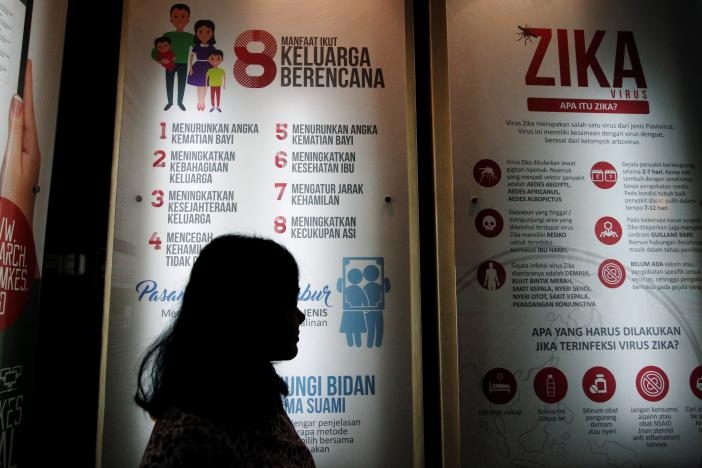
WHO declares end of Zika emergency but says virus remains a threat
The World Health Organization on November 20 declared that Zika no longer constitutes an international emergency, but it stressed a need for a long-term effort to address the virus, which has been linked to birth defects and neurological complications.
